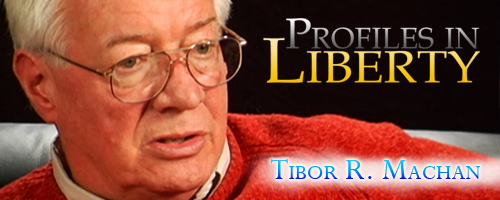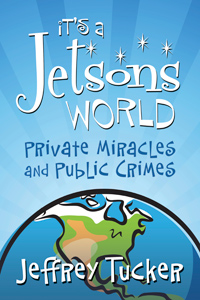TLS Podcast Picks: Cuba, Public Pensions, 3D Printing and IP
(Austrian) Economics, Anti-Statism, IP Law, Libertarian Theory, Podcast Picks, Science, Technology
- “Cuba’s New Now,” KERA Think (Nov. 8, 2012). Fascinating interview by the amazing KERA Think host, Krys Boyd: “What has changed in Cuba since Fidel Castro ostensibly stepped away from power and are the changes happening fast enough for the Cuban people? We’ll talk this hour with National Geographic Magazine contributor Cynthia Gorney, whose story “Cuba’s New Now” appears in the current issue of the magazine.”
- “Joshua Rauh on Public Pensions,” EconTalk. Chilling discussion of the looming public pension crisis, with host Russ Roberts: “Joshua Rauh, Professor of Finance at Stanford University’s Graduate School of Business and a senior fellow at Stanford University’s Hoover Institution, talks with EconTalk host Russ Roberts about the unfunded liabilities from state employee pensions. The publicly stated shortfall in revenue relative to promised pensions is about $1 trillion. Rauh estimates the number to be over $4 trillion. Rauh explains why that number is more realistic, how the problem grew in recent years, and how the fiscal situation might be fixed moving forward. He also discusses some of the political and legal choices that we are likely to face going forward as states face strained budgets from promises made in the past to retired workers.” My guess? States and localities will end up declaring bankruptcy to modify their pension obligations.
- “Chris Anderson on 3D Printing and the Maker Movement,” Surprisingly Free. “Chris Anderson, former Wired magazine editor-in-chief and author of Makers: The New Industrial Revolution, describes what he calls the maker movement. According to Anderson, modern technologies, such as 3D printing and open source design, are democratizing manufacturing. The same disruption that digital technologies brought to information goods like music, movies and publishing will soon make its way to the world of physical goods, he says.” A good discussion of IP implications of 3D printing begins around 14:00.
- My recent Libertopia talk, Intellectual Nonsense: Fallacious Arguments for IP.
- My interview, “Silver for the People Interview: Stephan Kinsella—Copyright Laws Cost the U.S. $Billions in Economic Growth” (at Libertopia, San Diego, Oct. 12, 2012).
TLS Podcast Picks: Cuba, Public Pensions, 3D Printing and IP Read Post »







